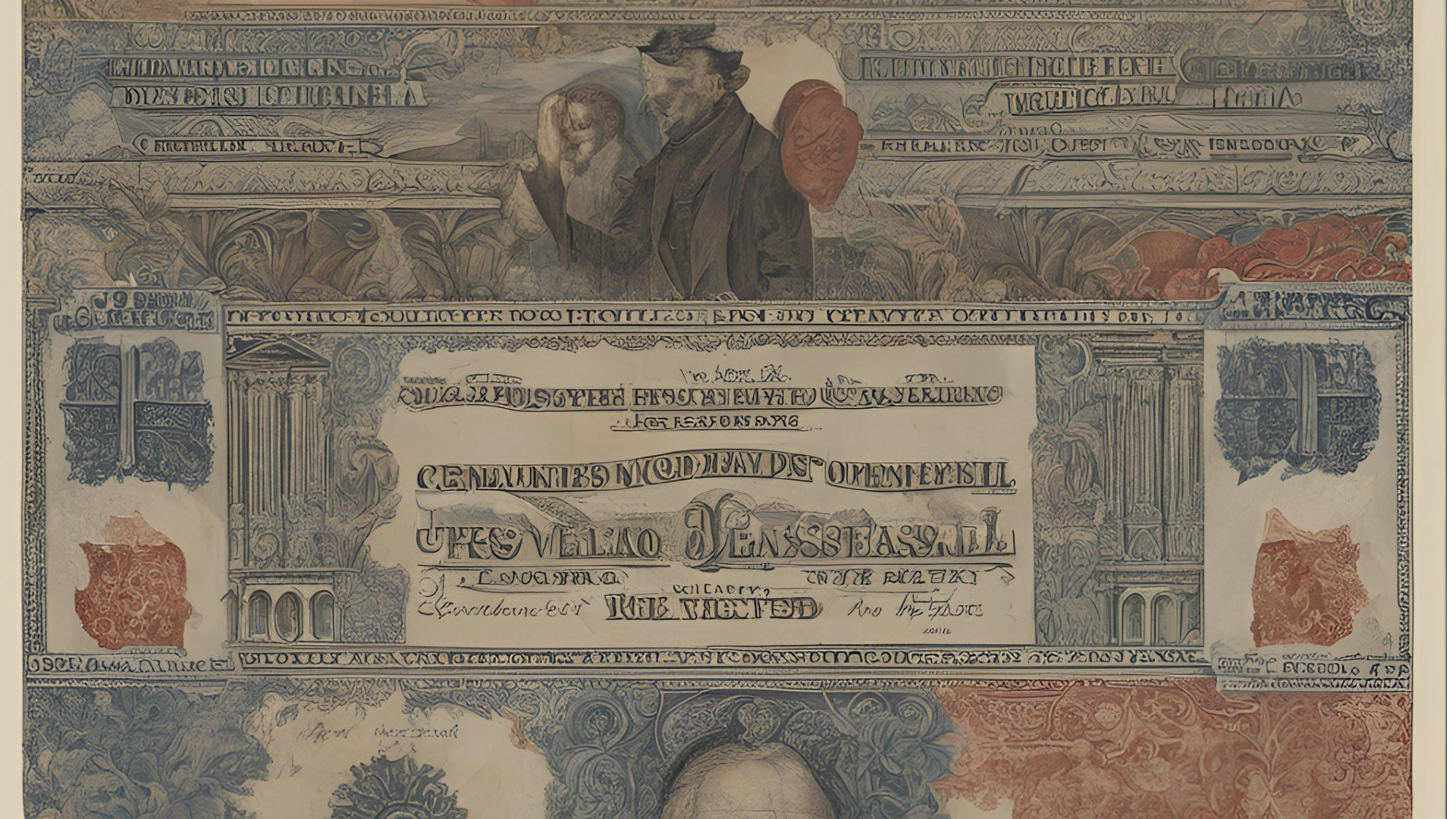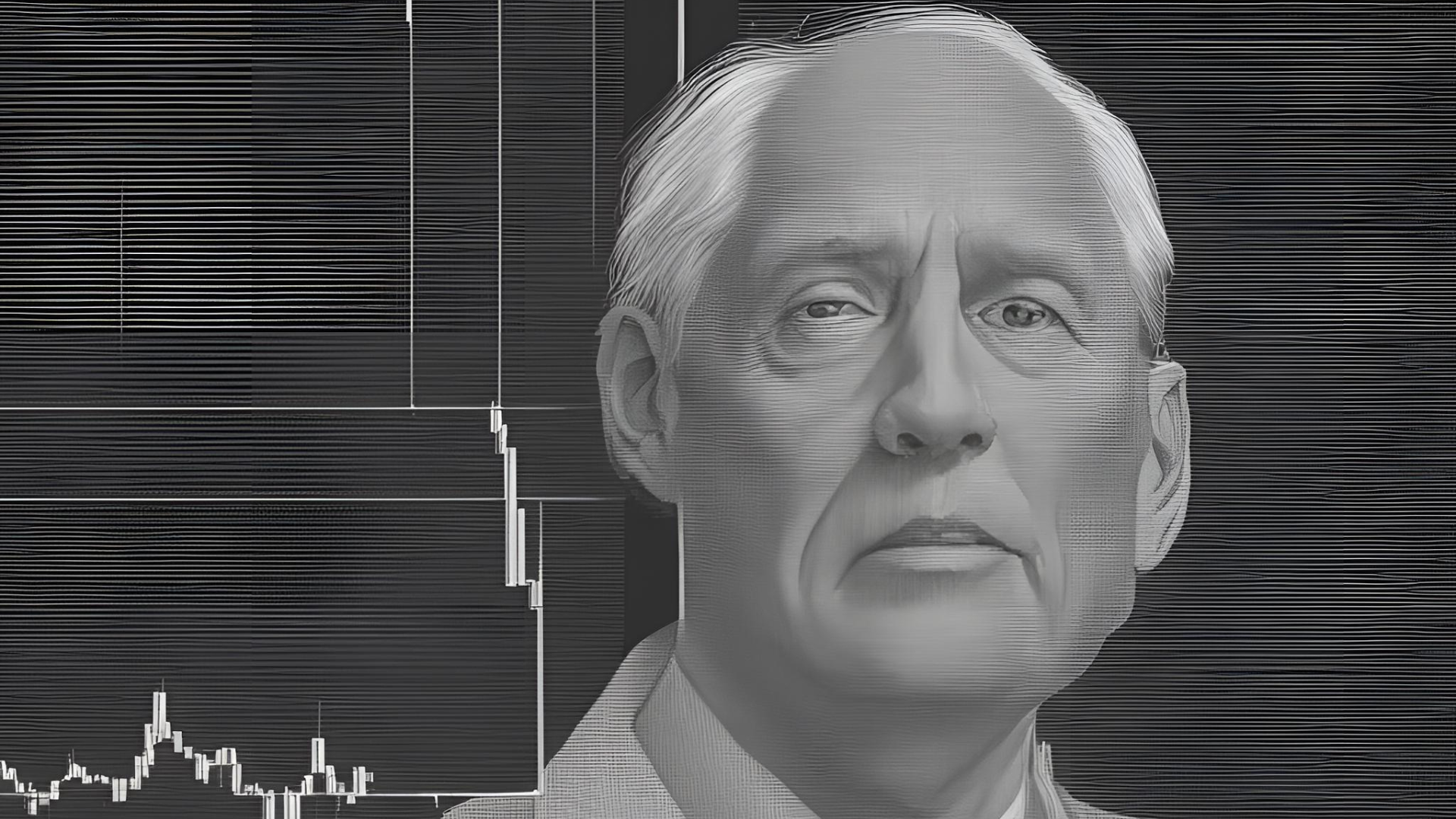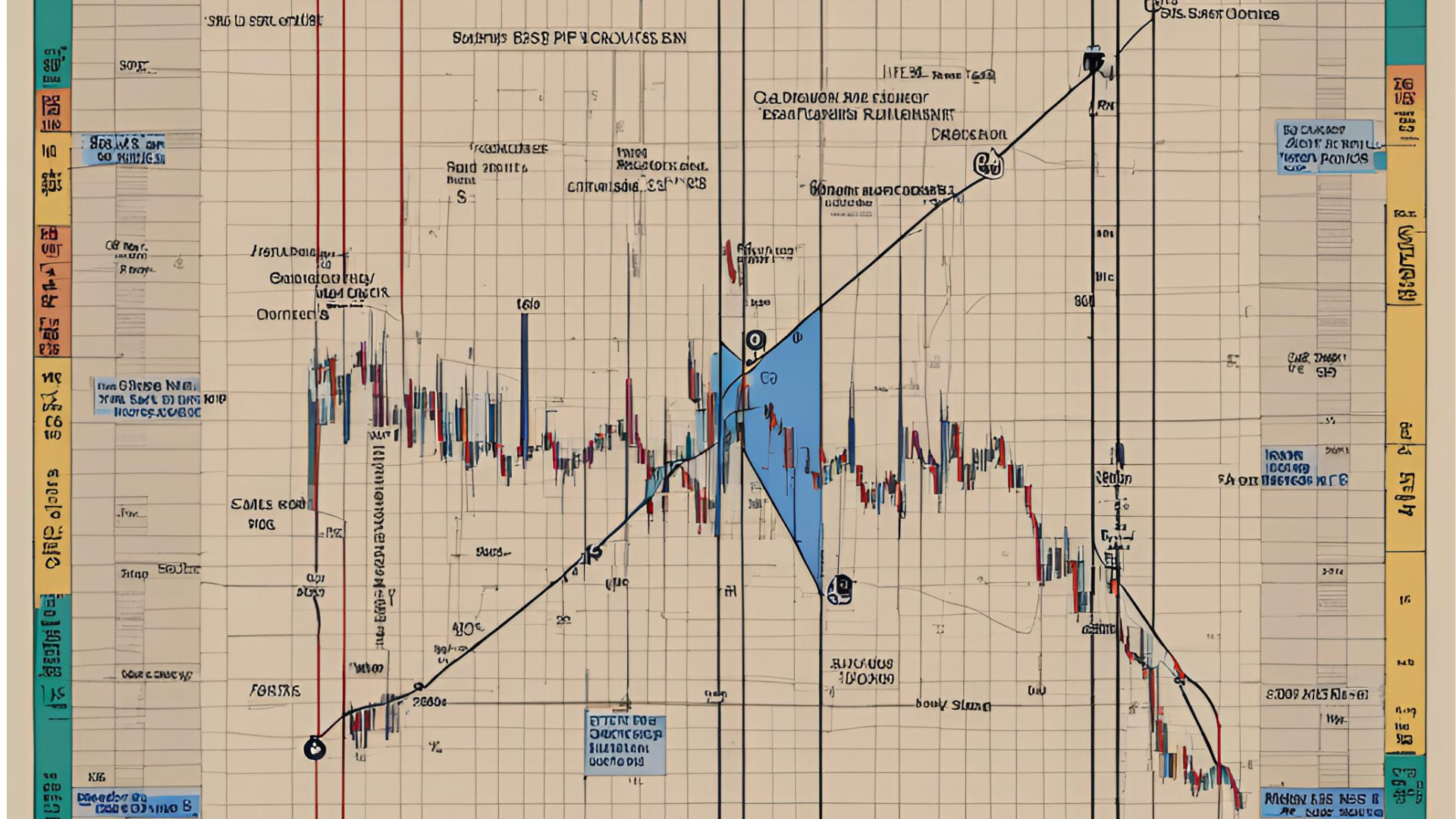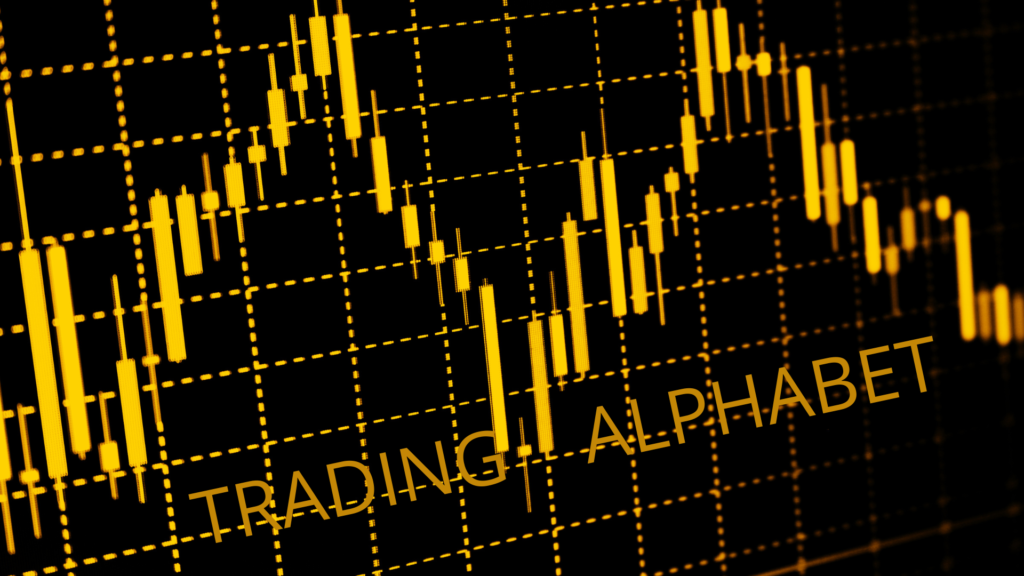
Here are more than 200 definitions related to trading. You can read them all in order, start from any point, or enter what you are looking for in the search bar.

API Connect
is an integration platform for managing the lifecycle of APIs (Application Programming Interfaces).

Arbitrage
is a financial strategy based on exploiting price differences of the same asset across different markets or forms to generate profit.

Ask Price
is the price at which a seller is willing to sell an asset.

ATS (Alternative Trading System)
is an alternative trading system that operates as a private electronic platform for trading financial instruments such as stocks, bonds, and derivatives.
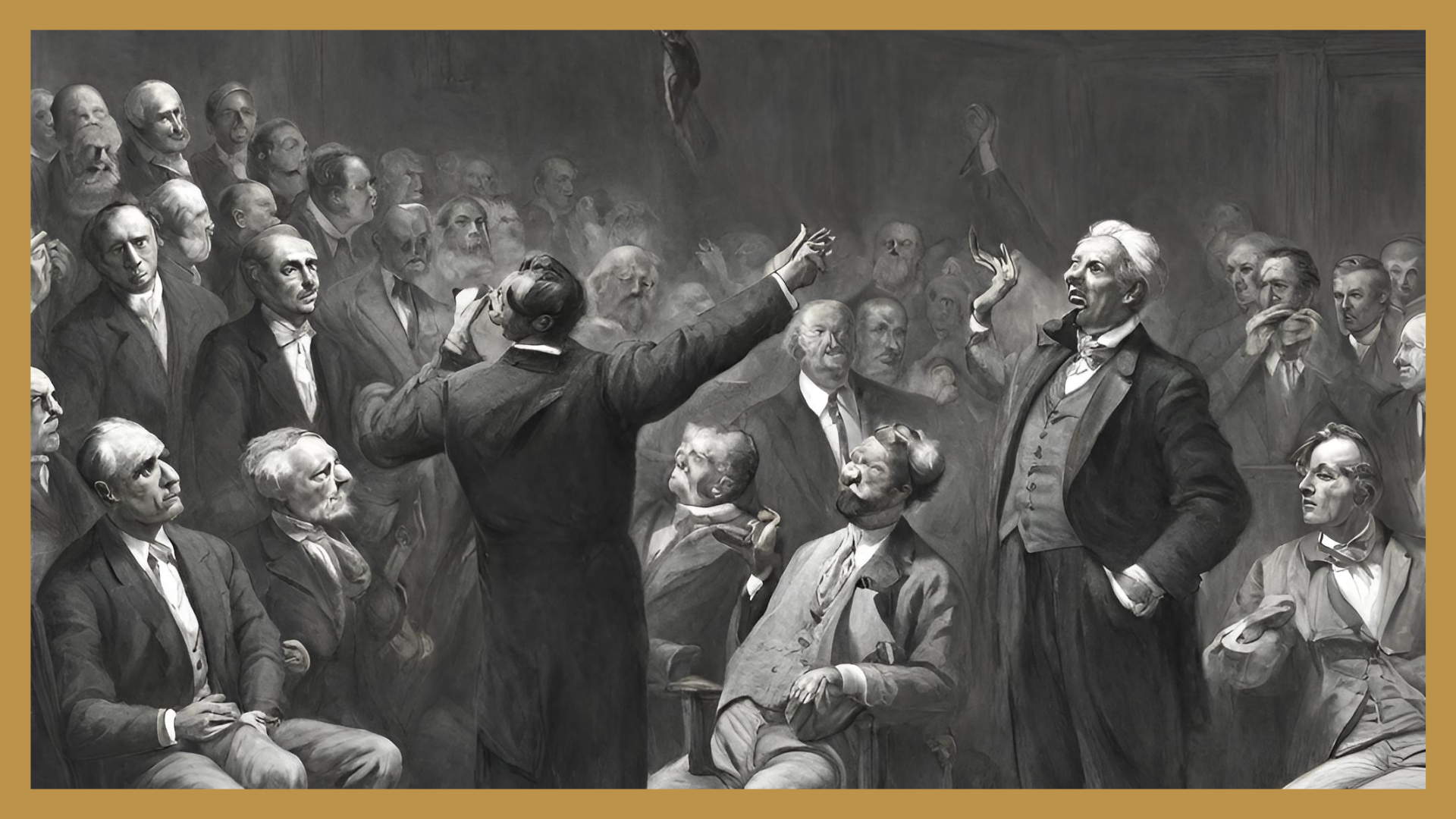
Auction Execution
Auction Execution is a method of conducting trades in financial markets based on auctions, during which prices for trading are established.

Bill of Exchange
is a debt security that represents an unconditional obligation of one party (the drawer) to pay a specified amount of money to another party (the payee) either at a set time or on demand.

Bond
a security, a type of debt instrument.

Boundary Conditions.
Boundary conditions are a term I use in trading to denote situations in the market that delineate the positive and negative outcomes of a trade.

Broker
is a financial intermediary

Client Deposit
Client deposit refers to the funds of an individual or legal entity placed in an account with a broker to conduct financial operations related to the buying and selling of financial assets.

Credit Rating of a Security
is an assessment of the financial stability and ability of the issuer (e.g., a company, bank, or government) to meet its debt obligations, including timely interest payments and principal repayment.

Default and Bankruptcy
is a situation where a borrower
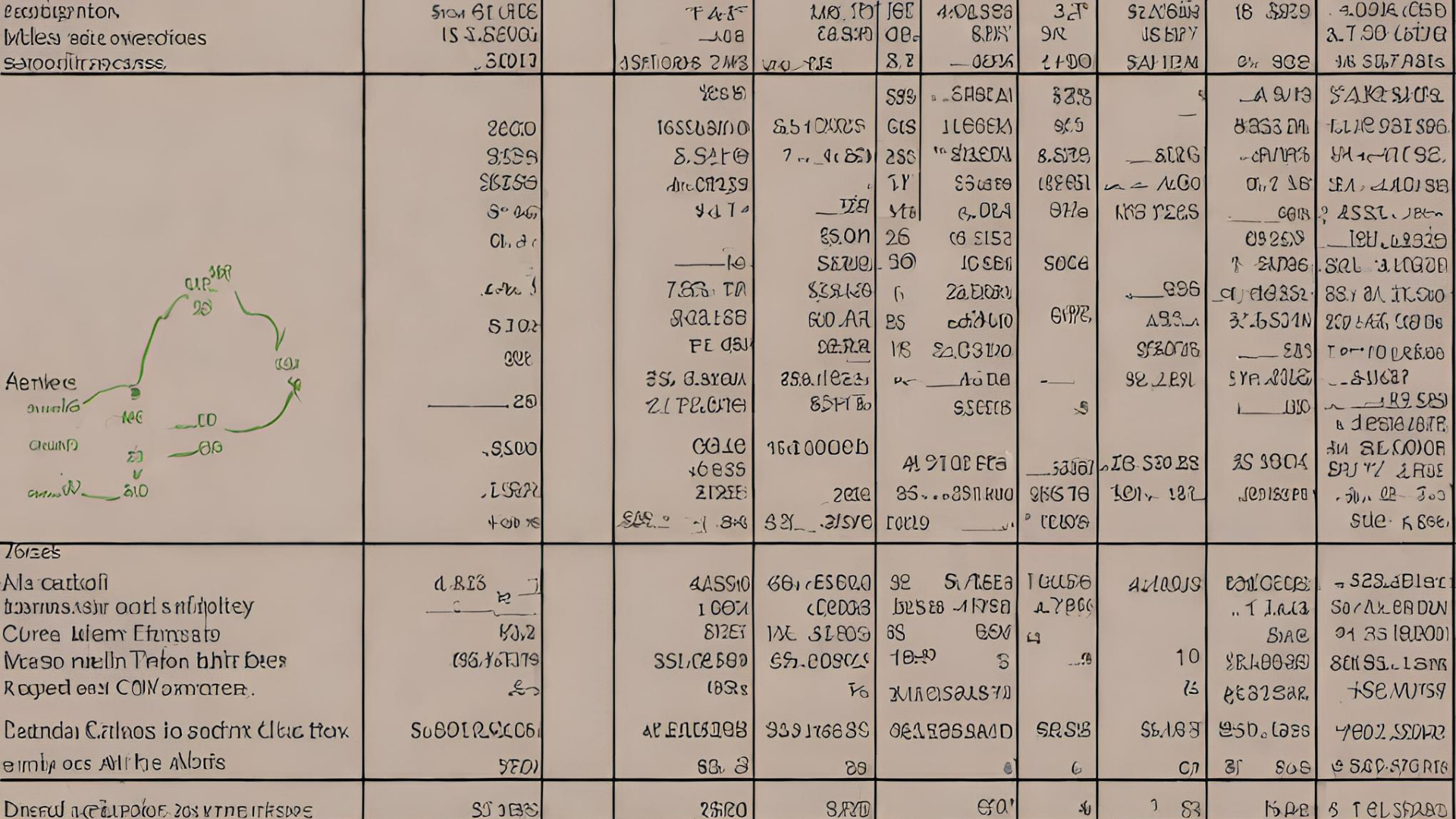
Diversification
Literally doing different things, a very ambiguous concept in my opinion.

Dividends
are a portion of a company's profit distributed among its shareholders.

Efficient Market Hypothesis, EMH
is a theory proposed by American economist Eugene Fama in the 1970s. It asserts that in financial markets, asset prices always fully reflect all available information, making it impossible to consistently outperform the market using this information.

Electronic Communication Network (ECN)
Electronic Communication Network (ECN) is an electronic trading platform that provides direct access to various market participants, such as individual traders, institutional investors, brokers, and other financial institutions.

Exchange Market
An organized market is an exchange where sellers and buyers meet to trade financial instruments such as stocks, bonds, commodities, currencies, and other securities.

Exchange-Traded Fund (ETF)
An ETF is a type of investment fund whose shares are traded on exchanges similar to regular stocks.

FIFO
First In, First Out
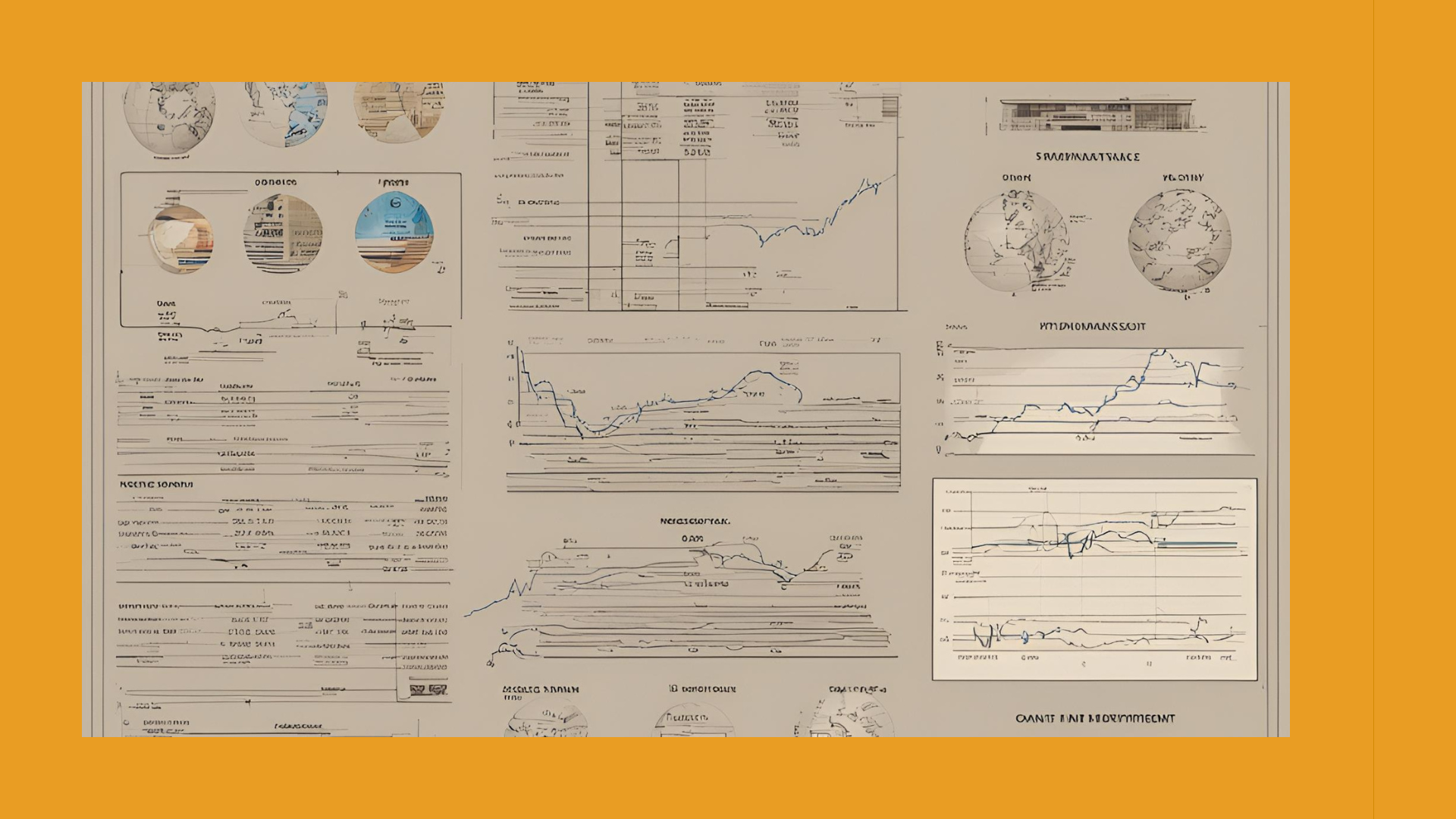
Financial Instrument
Financial Instrument - the subject of an agreement that results in material and monetary obligations between the participants in the transaction for the acquisition/delivery of a certain commodity at a specified price at a certain time.

Forward
a type of over-the-counter contract

Fundamental Analysis
is a method of evaluating the value of financial instruments, such as stocks, bonds, or currencies, based on the analysis of economic, financial, and other qualitative and quantitative factors.

Futures
a type of exchange transaction, standardized in terms of volume,
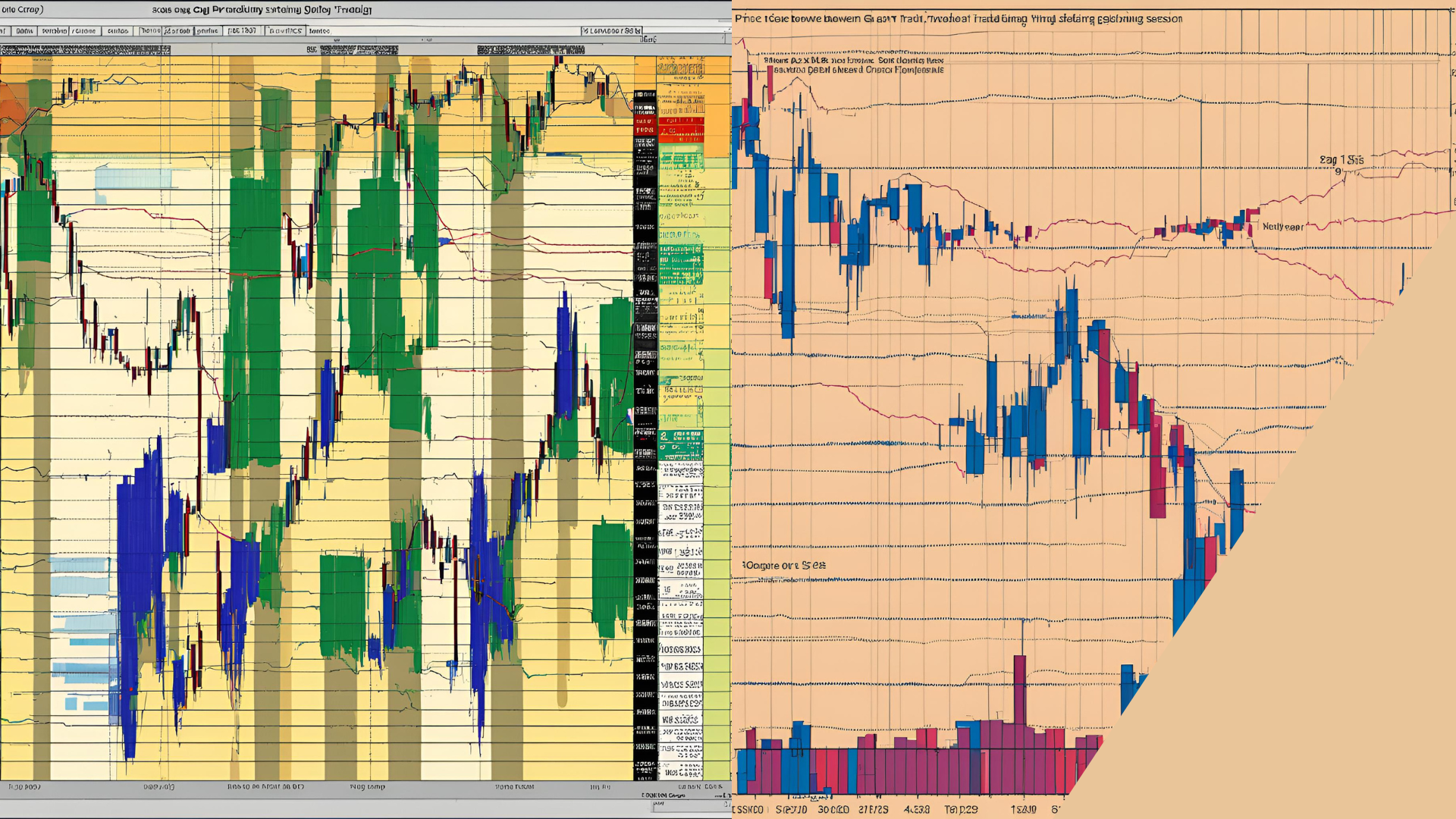
Gap
refers to a price jump or discontinuity

Hedging
Hedging is a set of techniques in financial markets aimed at fixing the desired price for a particular financial instrument either by a specific date or for a certain period.

Investments
First and foremost, this is a process of preserving, rather than multiplying, existing material values.

"Kitchen"
is a slang term in financial markets

LIFO (Last In, First Out)
last come, first served.

Liquidity
is an indicator of a financial instrument that reflects the ability to execute a volume of buy/sell orders per unit of time at a given price.

Lock
a method of position accounting where it is possible to hold both buy and sell positions simultaneously in the market.

Lot
A lot is a standard unit of measurement for the quantity of an asset traded on the market.

Market Index
is a statistical measure that reflects the change in the value of a specific group of stocks or other assets in the market.
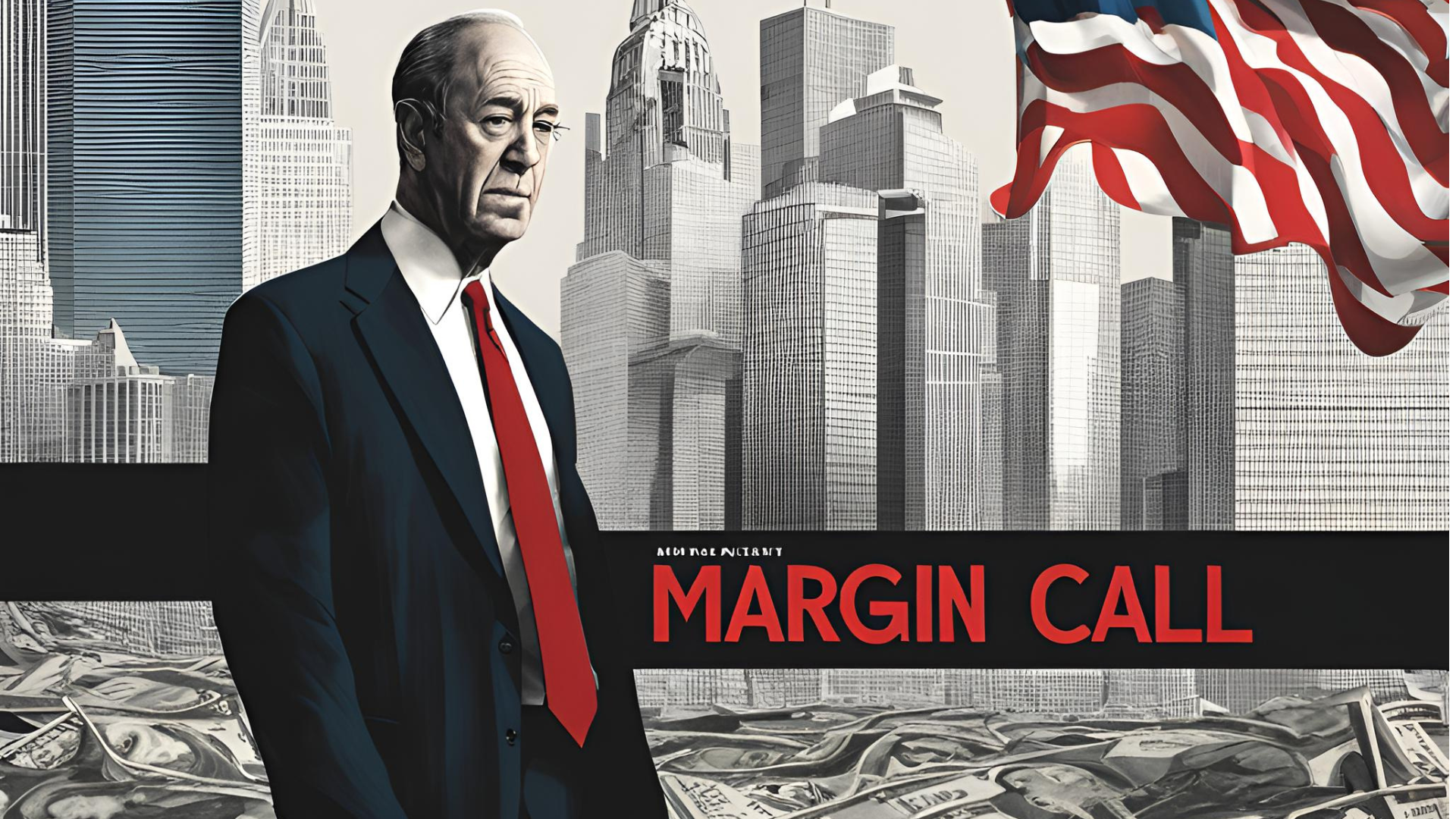
Margin Call
A margin call is a warning from the broker that the client does not have enough funds to maintain their existing open positions.

Margin trading
or leverage trading

Market
Market a trading platform where

Market Quotation
is the current price at which an asset can be bought or sold in the financial market.

Multilateral Trading Facility (MTF)
Multilateral Trading Facility (MTF) is an electronic trading system that allows multiple parties to place orders to buy and sell financial instruments.

NDD (No Dealing Desk)
is an order execution model in financial markets

News Trading
is a strategy where traders open and close positions in financial markets in response to the release of important economic data, corporate reports, or other significant events. These news events can cause strong price fluctuations, creating opportunities for profit.

Option
is a derivative financial instrument

Order Book
or market depth
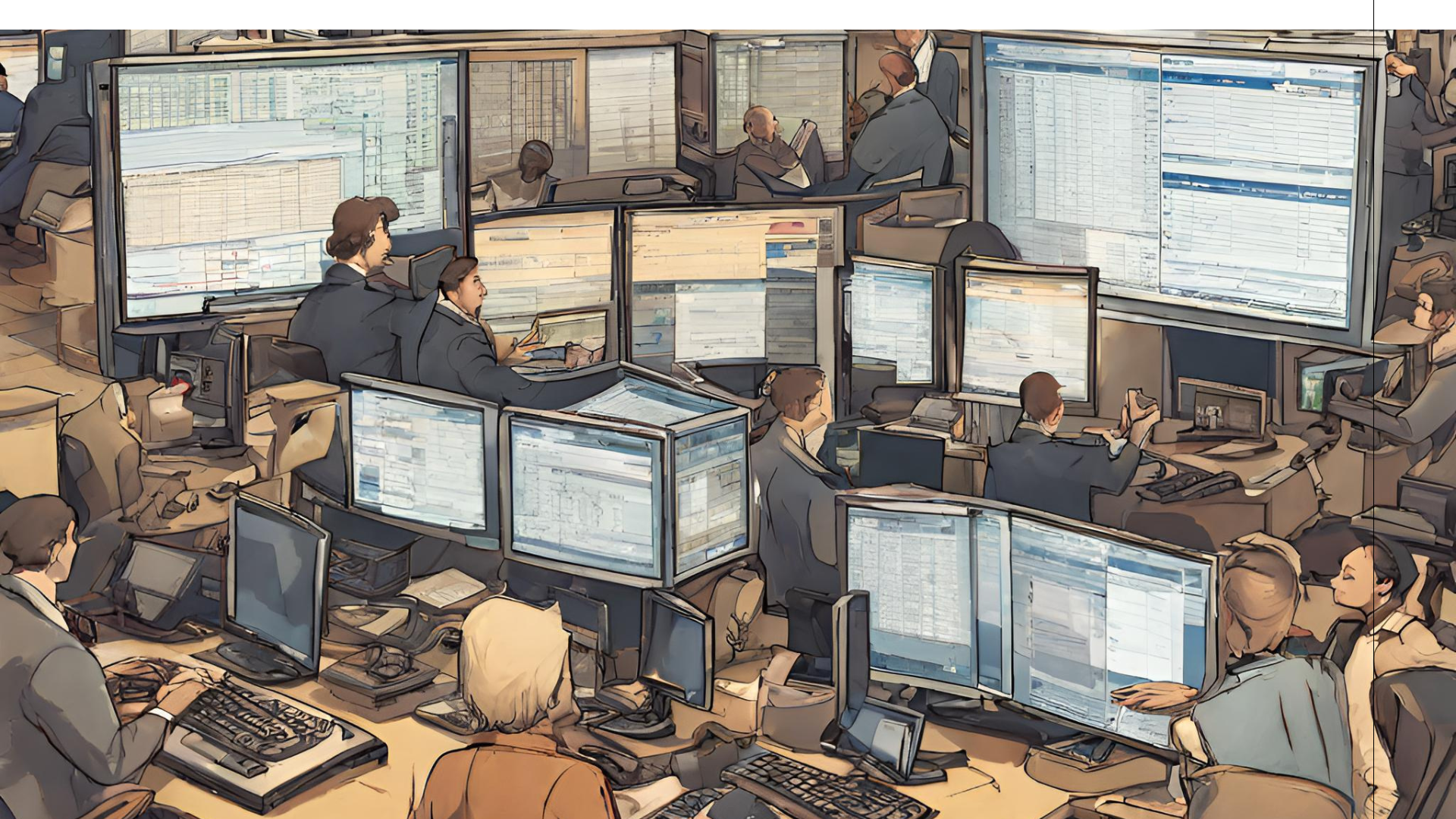
OTC (Over-the-Counter)
Over-the-counter (OTC) markets are a form of trading that does not occur on a centralized exchange platform. I

OTF (Organised Trading Facility)
is an organized trading platform

Physical delivery
or physical delivery contracts.

Planning
is intended not only to calculate the risk/reward ratio for a specific trade

Price Action
is a method of analyzing financial markets based on the study of an asset’s price behavior

Quoted Asset
is an asset whose price is determined on an exchange or other market.

Rating Agency
A rating agency is a specialized independent organization that evaluates the creditworthiness of companies, banks, governments, and financial instruments such as bonds.

Retail Execution
Retail Execution is the process of executing trades in financial markets involving the interaction of retail traders with brokers. In this context
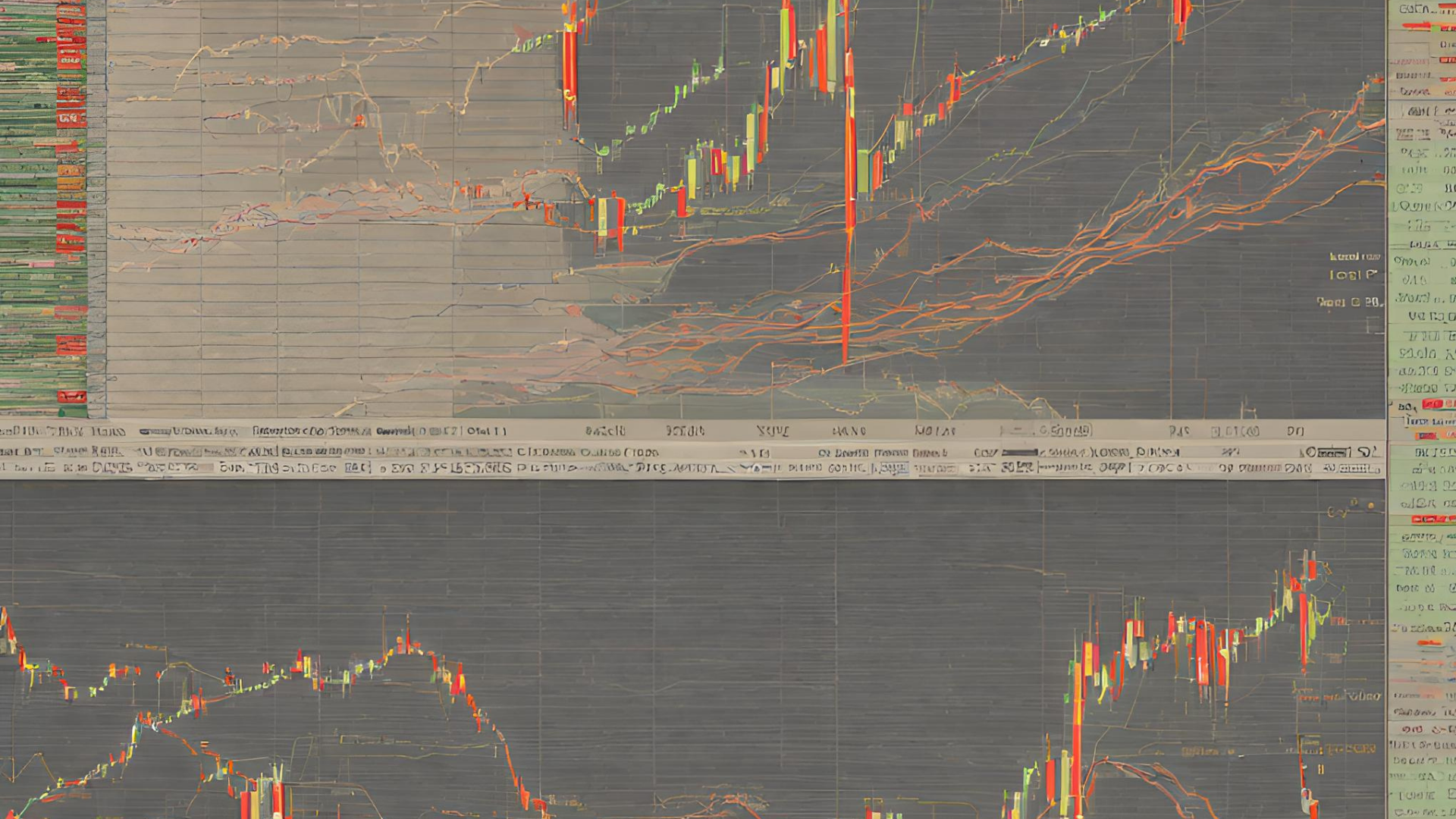
Retail Trading
popular or mass trading.

Scalping.
e "noise" that indicators might add. Scalping: Scalping is a short-term trading style in financial markets that involves making a large number of trades over a short period

Speculation
Speculation is a trading operation

Spot
is a type of financial transaction where the purchase and sale of an asset occur with its immediate delivery, usually within two business days.
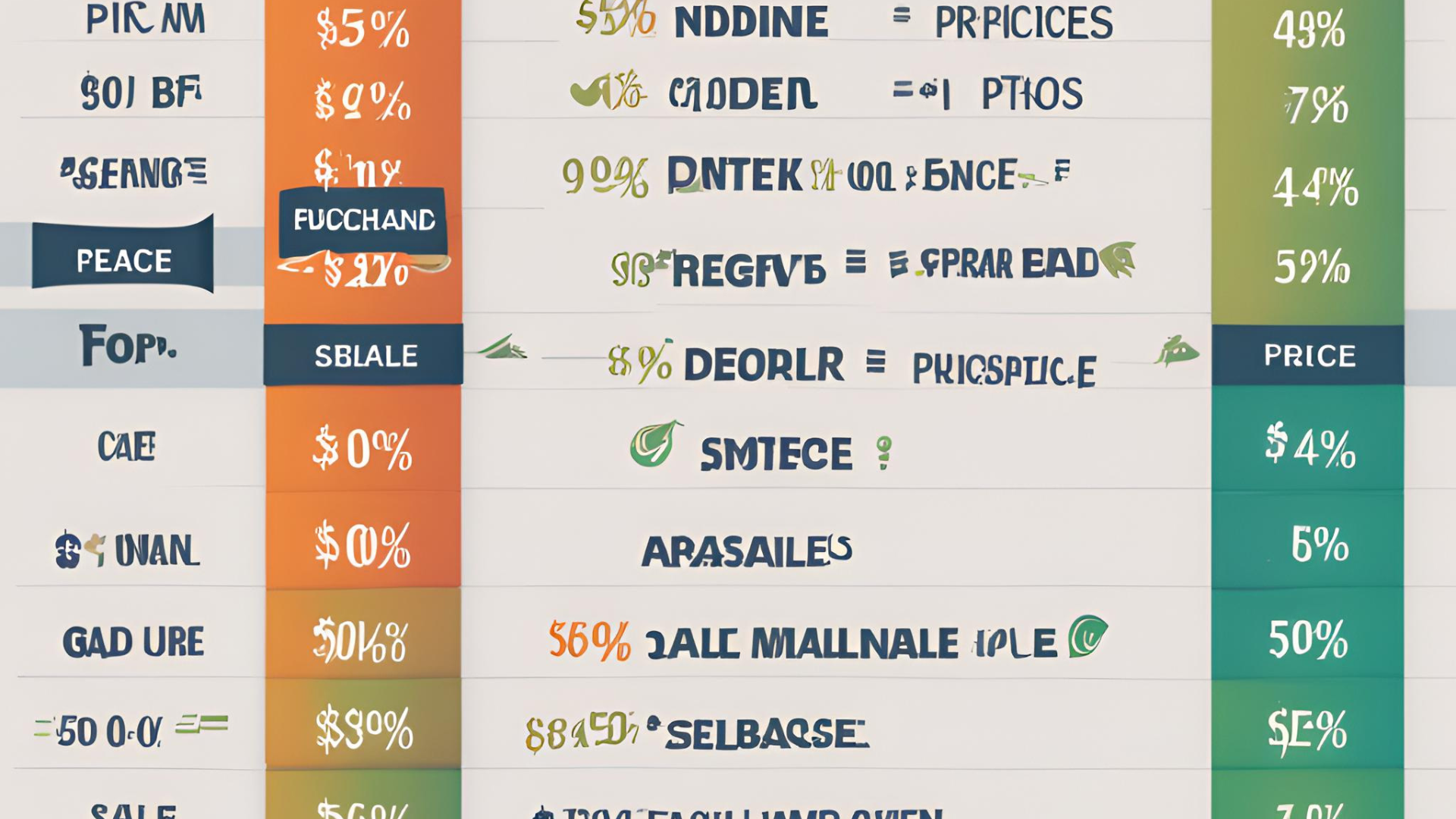
Spread
is a slang term in financial markets referring to a broker who dishonestly fulfills their obligations to clients

Stock
security that provides evidence of ownership

Stop-out
is the next action taken by the broker after a margin call is issued. .

Straight Through Processing (STP)
The "Straight Through Processing" (STP) process is an automated method for handling financial transactions from start to finish without the need for manual intervention.

Swap
a financial instrument representing an agreement between two parties to exchange payments or assets in the future under specified conditions.

Swing -Trading
is a style of trading in financial markets where traders aim to profit from short-term price fluctuations (swings)

Technical Analysis
is a method of forecasting future prices based on the analysis of past market data, primarily prices and trading volumes.

Tick by Tick
a type of chart.

Time Frame
in stock trading refers to the period over which price data is analyzed and displayed on charts. Time frames are used to define the time intervals over which price movements and trends form.

Trading
Trading in the context of stock market activities refers...

Trading Philosophy
I won't attribute myself unnecessary credit,

Trading Psychology
a very popular term.

Trading Strategy
a set of rules

Trend Market
A trend is a sustained direction of price movement for an asset (such as a stock, currency, or commodity) over a certain period. Trends can be upward, downward, or sideways and are an important part of market analysis.

Underlying Asset
also known as the "primary asset"
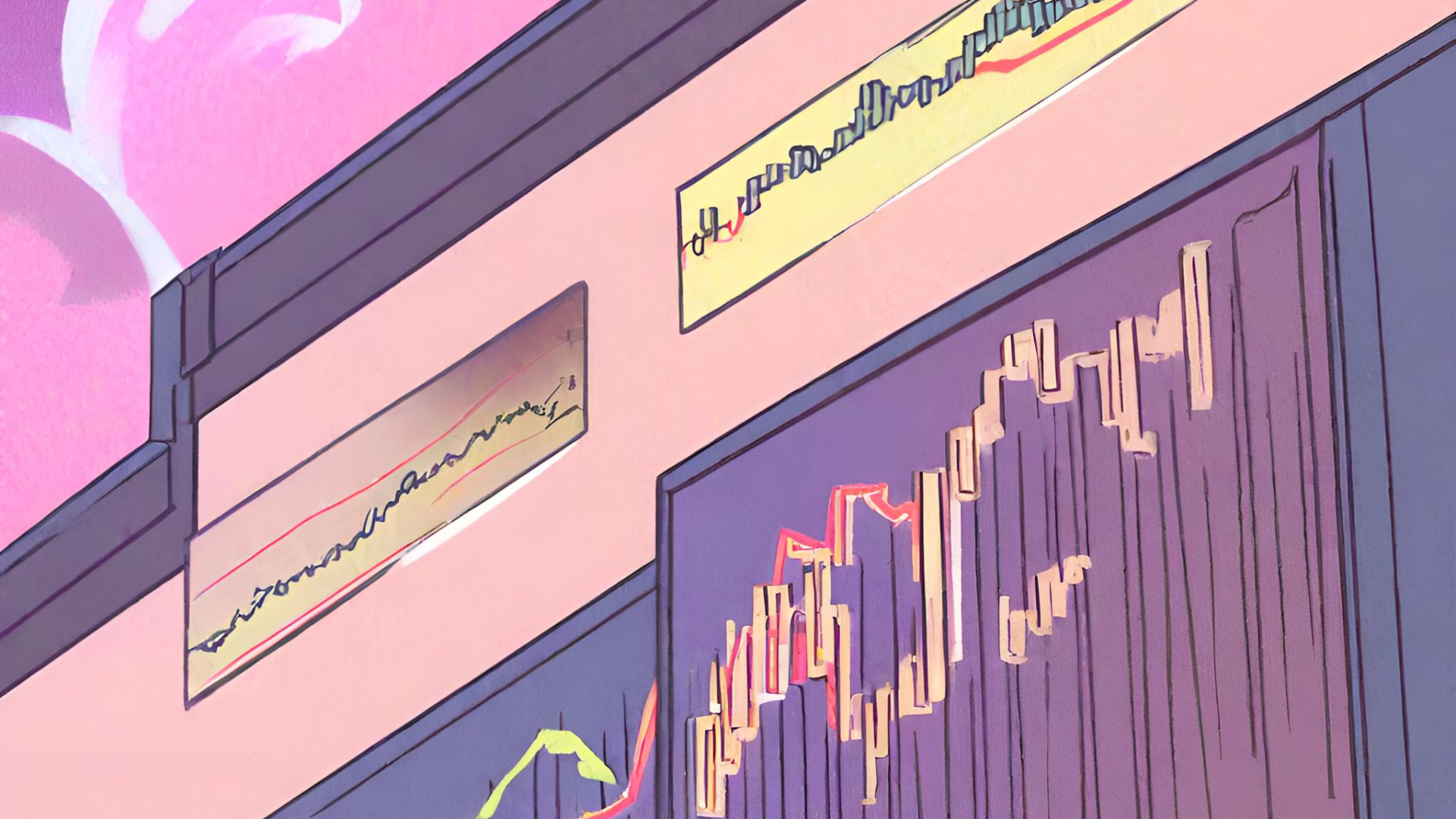
Volatility
is a measure of a financial instrument indicating the change in the price of that instrument per unit of time.




